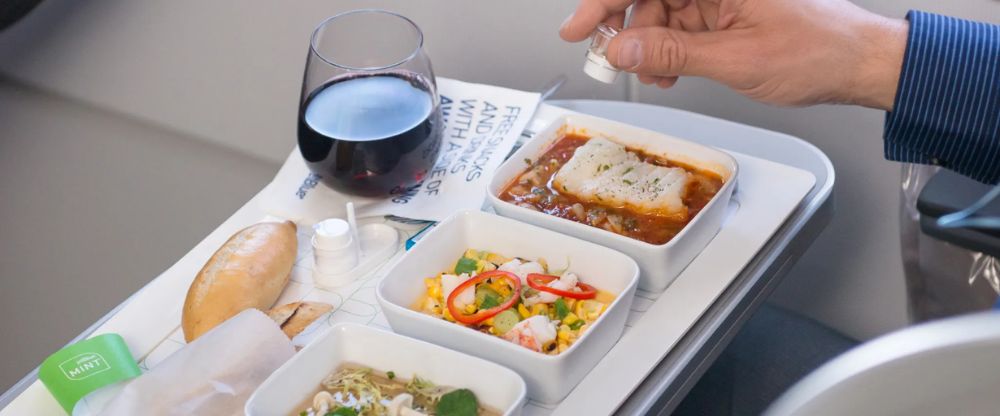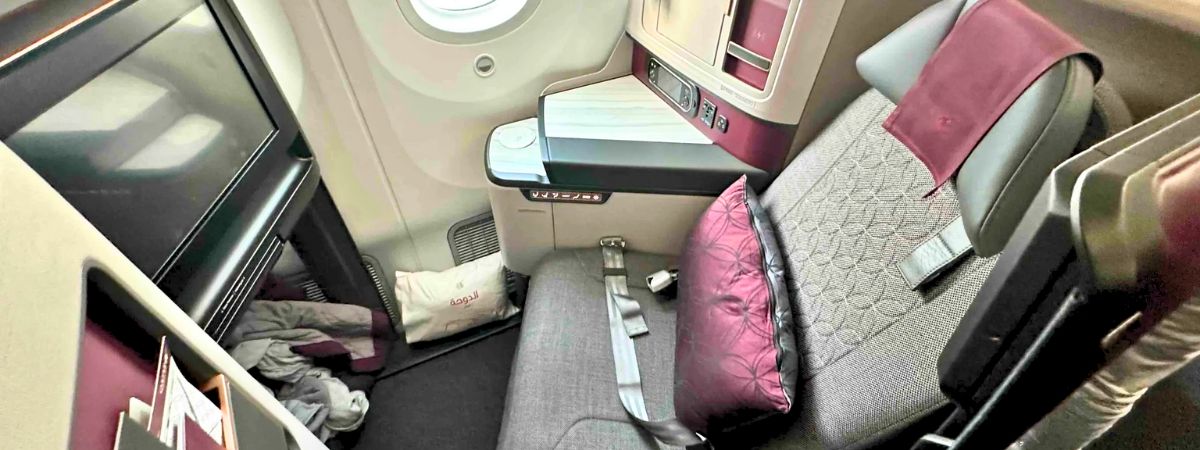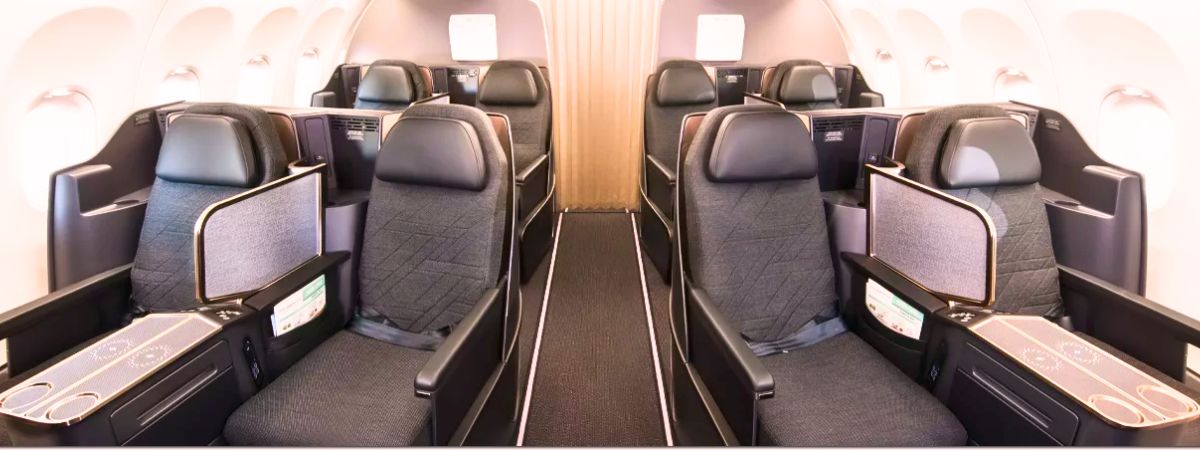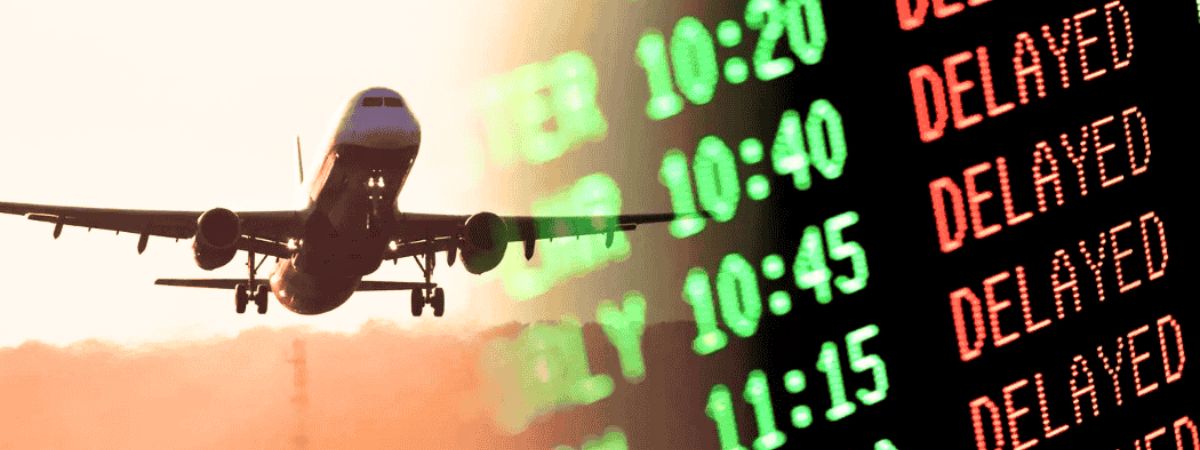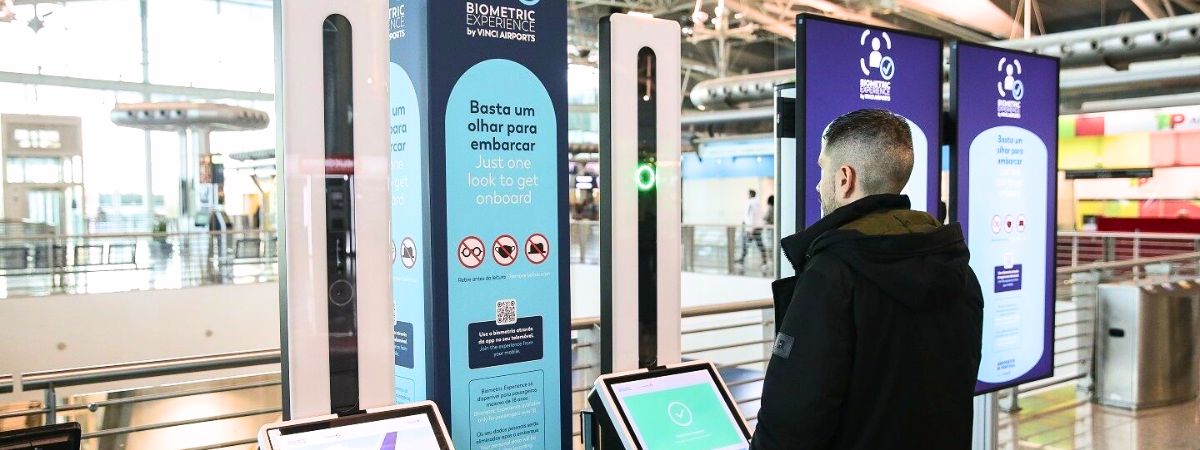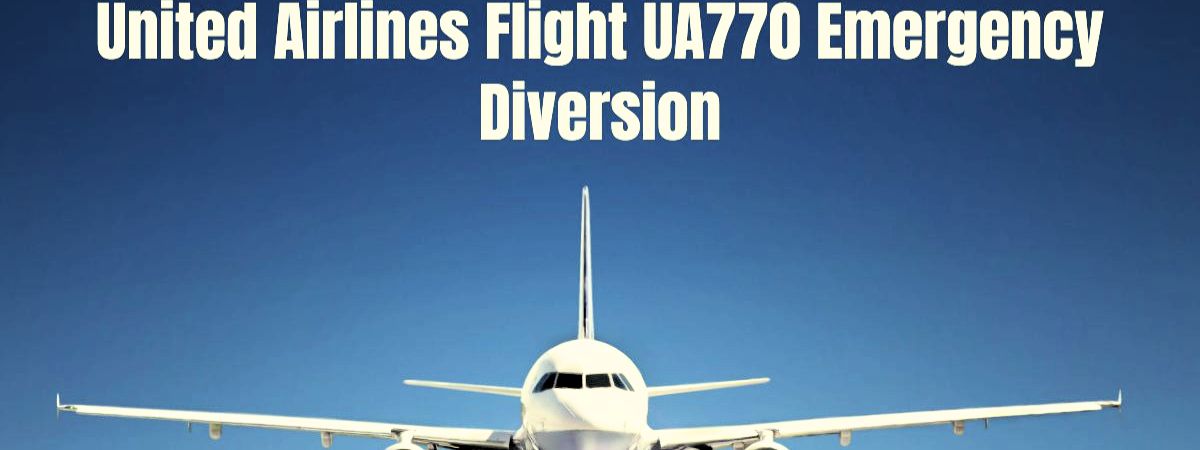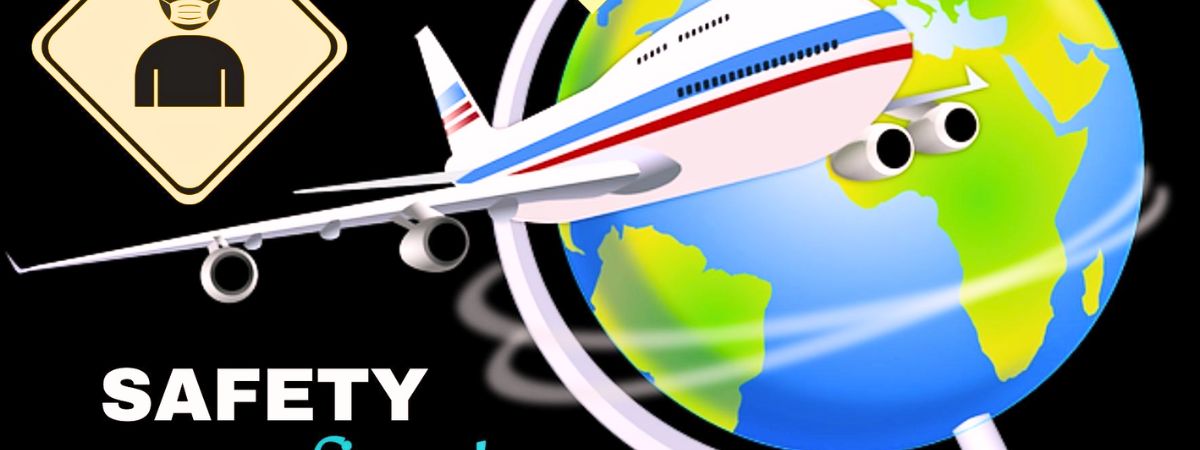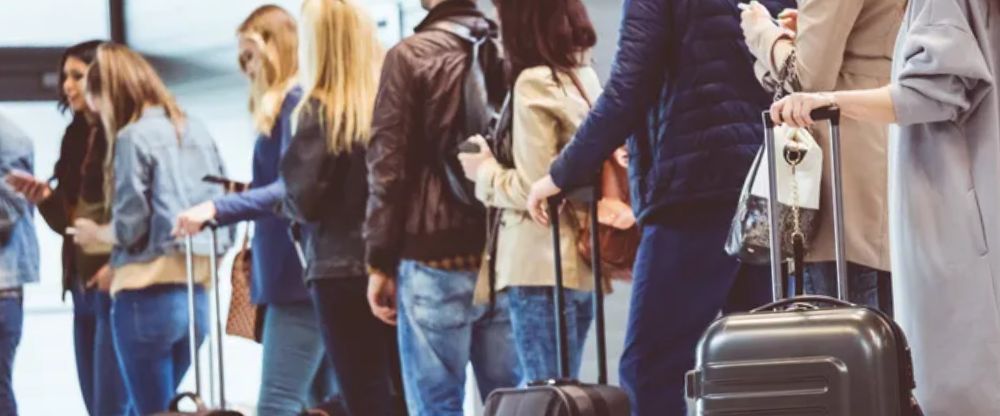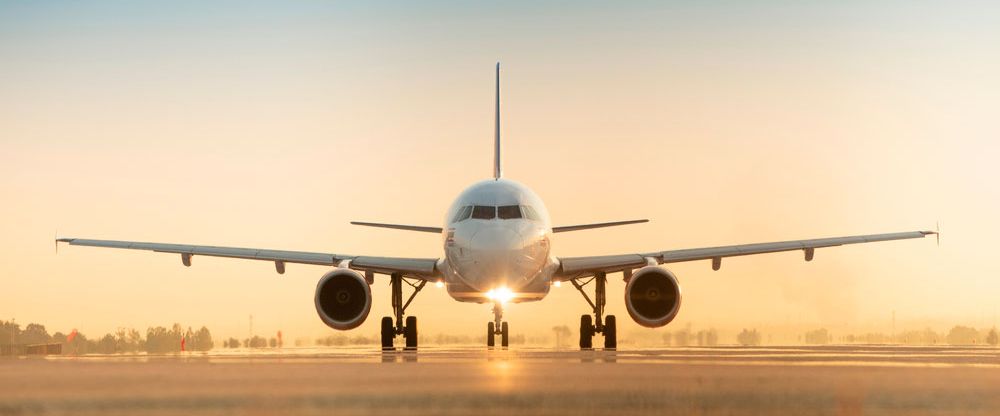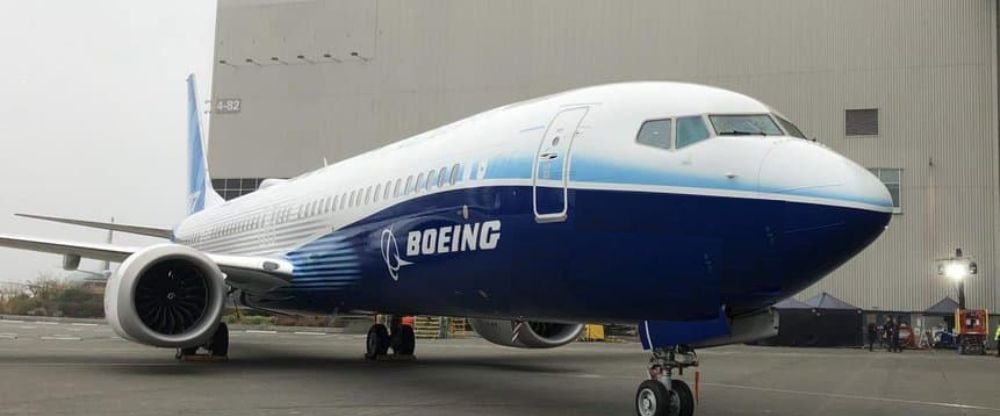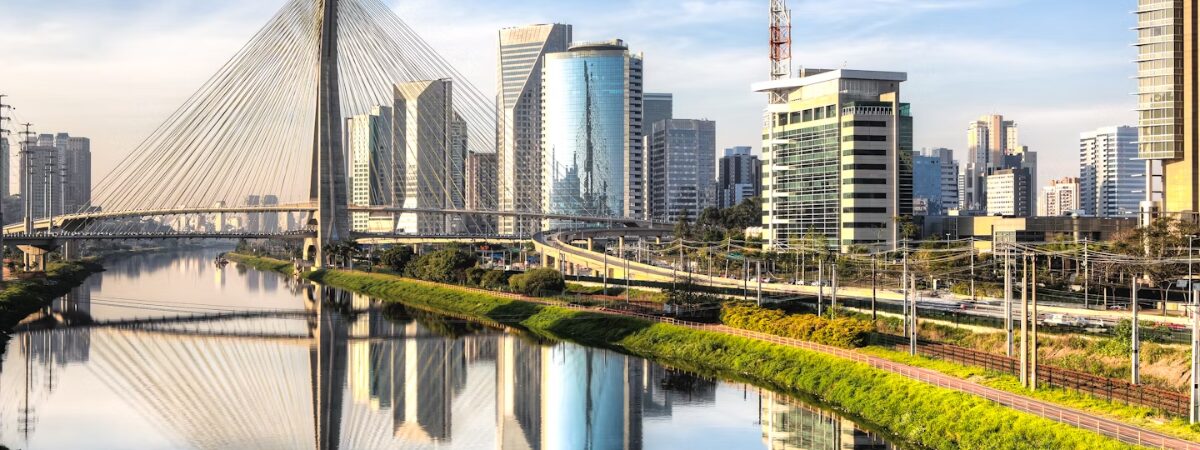The words ‘complimentary flight meals’ or ‘airline food’ make the service sound so attractive. Every flight passenger will want to try that flight meal at least once. But, there is nothing to spoil your mood or worry much if you don’t find the service worth investing in. So, if you have the question in your head, what’s the deal with airplane food, we are here to help you out.
While the aviation food industry is worth billions, this service has not earned that much reputation over the years. The food of a particular airline can not be blamed in this case. You will find the food on almost every airline to be the same. So, if you have just traveled and didn’t like the on-board food, keep your frustration aside for a while and go through this blog to know the mystery about airline food.
Airline Food: A Brief History
An airline meal, airline food, or in-flight meal includes all the food items that are served to passengers on board a commercial airplane. Specialists prepare this special meal. Different airline companies offer various qualities and quantities of this food. The food ranges from a simple snack or beverage provided during short-haul journeys or a seven-course gourmet meal on a long-haul first-class. The food can also vary from country to country.
When we talk about what’s the deal with airline food, the first concept was of light refreshments initiated by Daimler Airway. The flight attendant at the airline used to collect the food from the local markets and pack and serve it in lunch boxes. Flights would land at a place where no passengers were boarding to offer their passengers the convenience of enjoying the food. The only heated refreshments served in these initial years were coffee and tea.
Handley Page Transport, founded in 1919, was the first company to offer airline meals. Passengers had two options to choose from- a selection of sandwiches and fruit. Till then, flights did not use to fly so often. Thus, the airline companies would not bother to change the menus frequently, as passengers would be less likely to notice them.
Airline meals have gain popularity as they incorporate local cuisines. But, even though it seems so exciting and interesting, it can be disappointing sometimes because the altitude of 35,000 feet affects the food.
So, what’s the deal with airline food? Let’s understand below.
Why Does Airline Food Not Have Quality?
One simple thing to remember when it comes to why you can’t enjoy the delicious food served on board is that you can lose up to 30% of your taste buds, says Penticton Western News. The newspaper cites one of the articles of the British Broadcasting Corporation (BBC) published in 2015 to back this fact. The BBC article says that the combination of dryness and low pressure when you are flying results in the reduction of the sensitivity of your taste buds. You lose your sweet and salty taste buds by around 30 per cent. At the same time, your sour, bitter, and spicy flavors remain unaffected.
That is why airlines use oversalt and additives to preserve the food. This helps airlines to store their food for an extended period of time, and they can also microwave the food when required.
Know here how prominent airlines like Delta Air Lines store and preserve their in-flight food.
What’s the Deal with Airplane Food?
You have to blame your taste buds to only the extent of 30% for the food quality in the air. So, who is the real culprit? Let’s go through some of the points below to understand what’s the deal with airplane food:
- Cabin Pressure and Dry Air: The cruising altitude, as your plane goes higher, reduces the oxygen level. This results in your inability to identify the smell and taste of the food.
- Low humidity: Low humidity dries out your nose and mouth. It makes you perceive food as bland.
- Background Engine Noise: The high-volume noise of the flight engine can make you less likely to perceive the texture and flavor of your food.
How to Make Your In-flight Food Experience Better?
You may have concluded this topic with the essence that the height spoils all your food enjoyment, but wait. Make your flight meal a bit interesting and tasty with the following tips:
- Hydration: Dry air is one of the main elements that can spoil food when we talk about what’s the deal with airplane food. Thus, make sure you keep hydrating yourself well before and during the flight.
- Avoid Alcohol and caffeine: Dehydration is the main reason for your sickness while in the air. Make sure you avoid dehydrating items like Alcohol and Caffeine if your hydration level drops easily.
- Pack Your Meals: The preservatives and additives are harmful to you if you have any dietary restrictions. Thus, make sure that you take your own snacks on board.
- Pre-order Special Meals: It can be difficult for your airline staff to fulfill your random meal requirements. So, what’s the deal with airline food is that you will have to inform your airline about your food preferences (vegetarian, diabetic, gluten-free) in advance to make sure that you get better quality.
Conclusion
The term and history of airplane food are interesting. However, it is just the opposite when passengers want to enjoy meals on board. So, what’s the deal with airline food is that the height at which the airplanes fly is to be blamed. The cabin pressure and high altitude result in a reduced oxygen level, and thus, you lose your sense of smell and taste. Salt and Sugar are the tastes most likely to change. Thus, to maintain the food quality, airlines use a lot of preservatives and additives.
If you want to enjoy your food on board, make some preparations for your next flight. Keep yourself hydrated, avoid alcohol and caffeine, pack your own meals if you have some restrictions, and pre-order your special food. Make your flight food experience a little less disappointing with these tips.
FAQs
Ans: When you go on board, the airline food loses its quality due to high altitude.
Ans: Airlines use preservatives and additives to preserve and store food for long-haul journeys.
Ans: Yes, if you have specific requirements, inform the flight employees about your preferred food choices.
Ans: Stay hydrated, avoid alcohol and caffeine, and pre-order special meals to enjoy your food a little bit.
Ans: Factors like Cabin pressure and dry air, low humidity, and Background Engine Noise affect the quality of your food on board.

